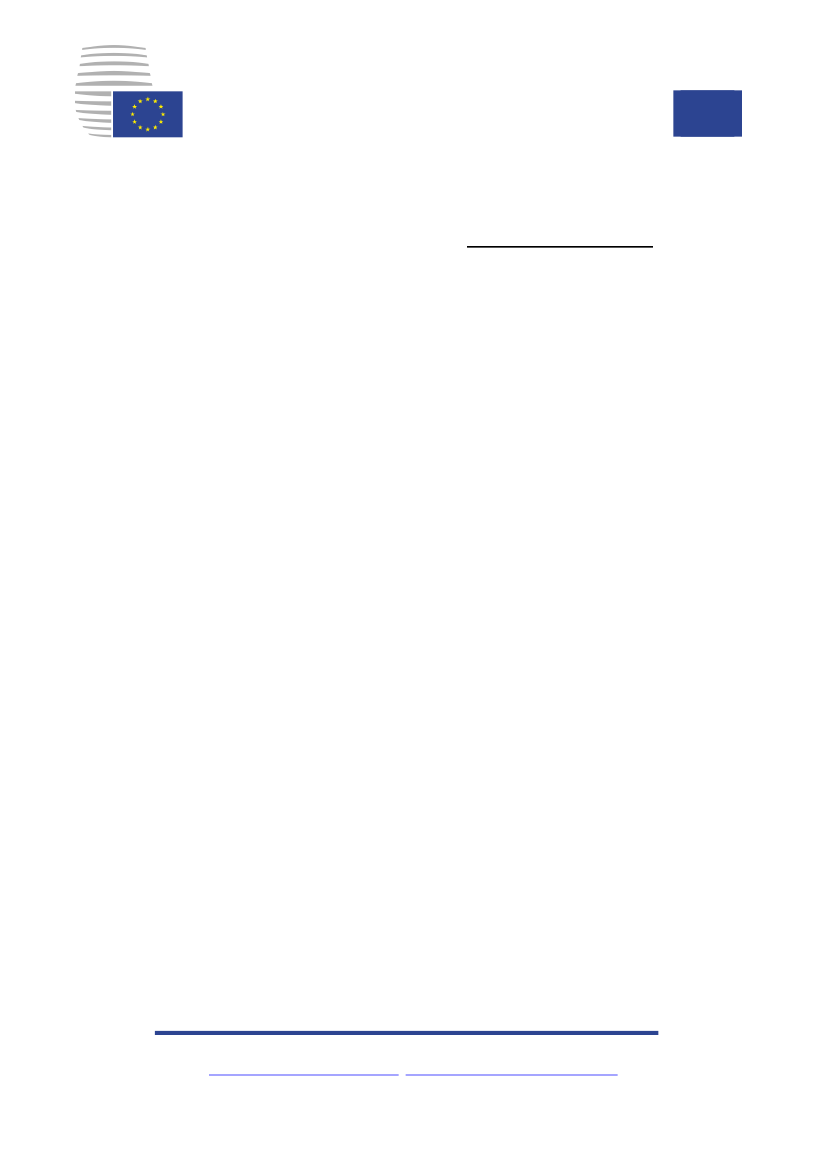
Council of the
European Union
13309/16
(OR. en)
PROVISIONAL VERSION
PRESSE 51
PR CO 50
EN
OUTCOME OF THE COUNCIL MEETING
3492nd Council meeting
Foreign Affairs
Luxembourg, 17 October 2016
President
Federica Mogherini
High Representative for Foreign Affairs and Security
Policy
PRESS
Rue de la Loi 175 B – 1048 BRUSSELS Tel.: +32 (0)2 281 9773 / 6319 Fax: +32 (0)2 281 8026
[email protected] http://www.consilium.europa.eu/press
13309/16
1
EN